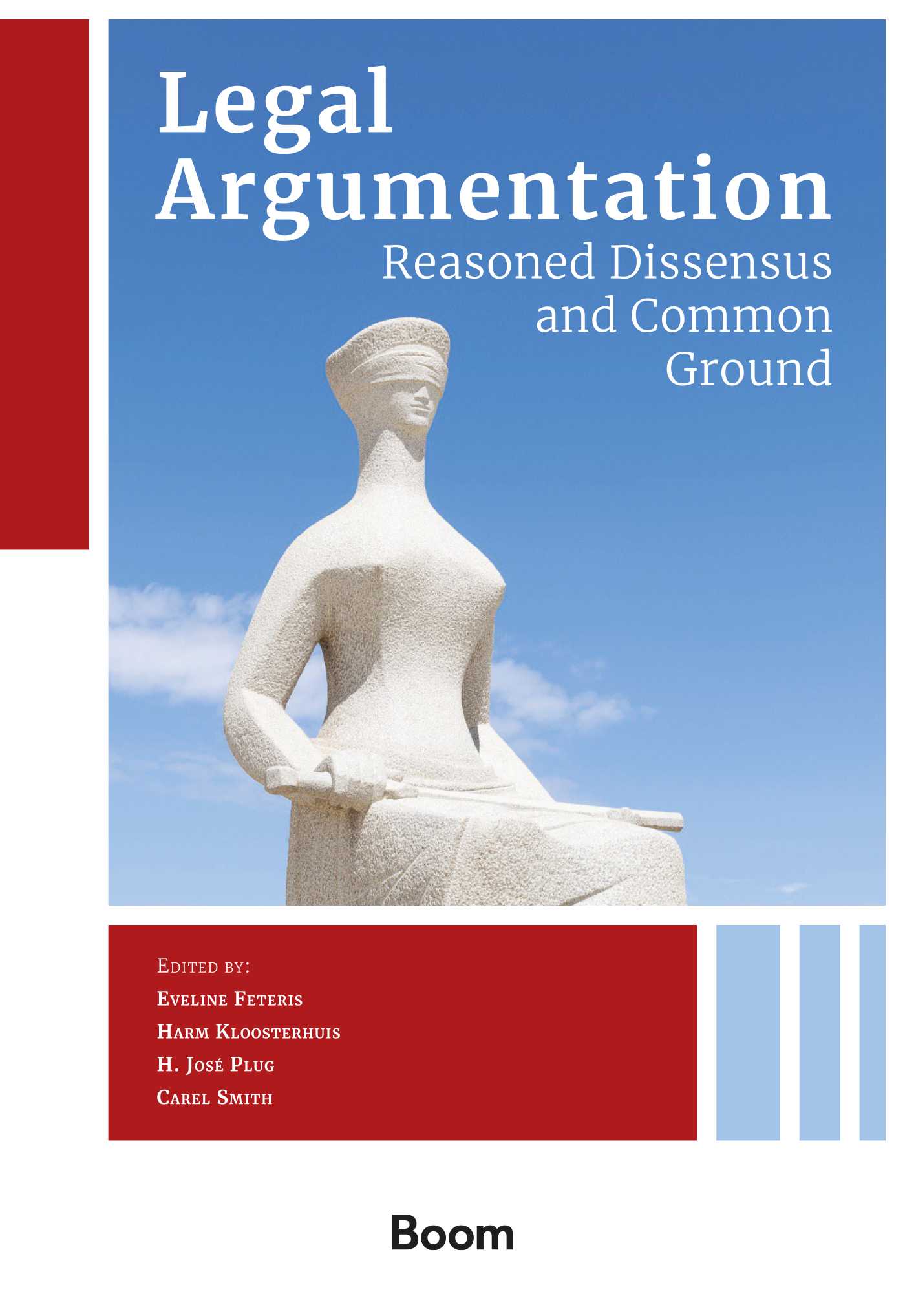Binding : Paperback
Distributievorm : Boek (print, druk)
Formaat :
165mm x 240mm
Aantal pagina's :
190
Uitgeverij :
Boom juridisch
ISBN :
9789462129214
Datum publicatie : 03-2024

€ 59,50
ePUB ebook
niet beschikbaar
PDF ebook
niet beschikbaar
€ 59,50
niet beschikbaar
niet beschikbaar
Op werkdagen voor 21:00 besteld, morgen in huis!
Veilig betalen 

14 dagen bedenktermijn

